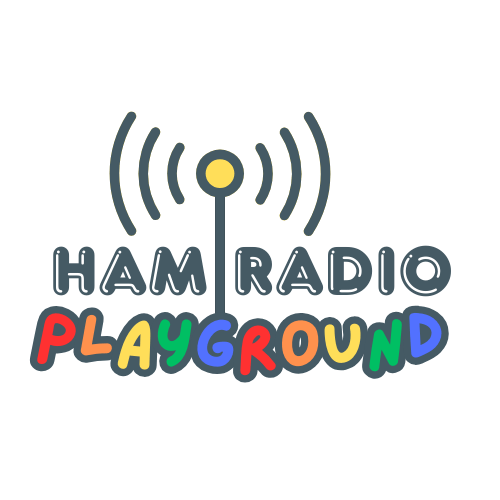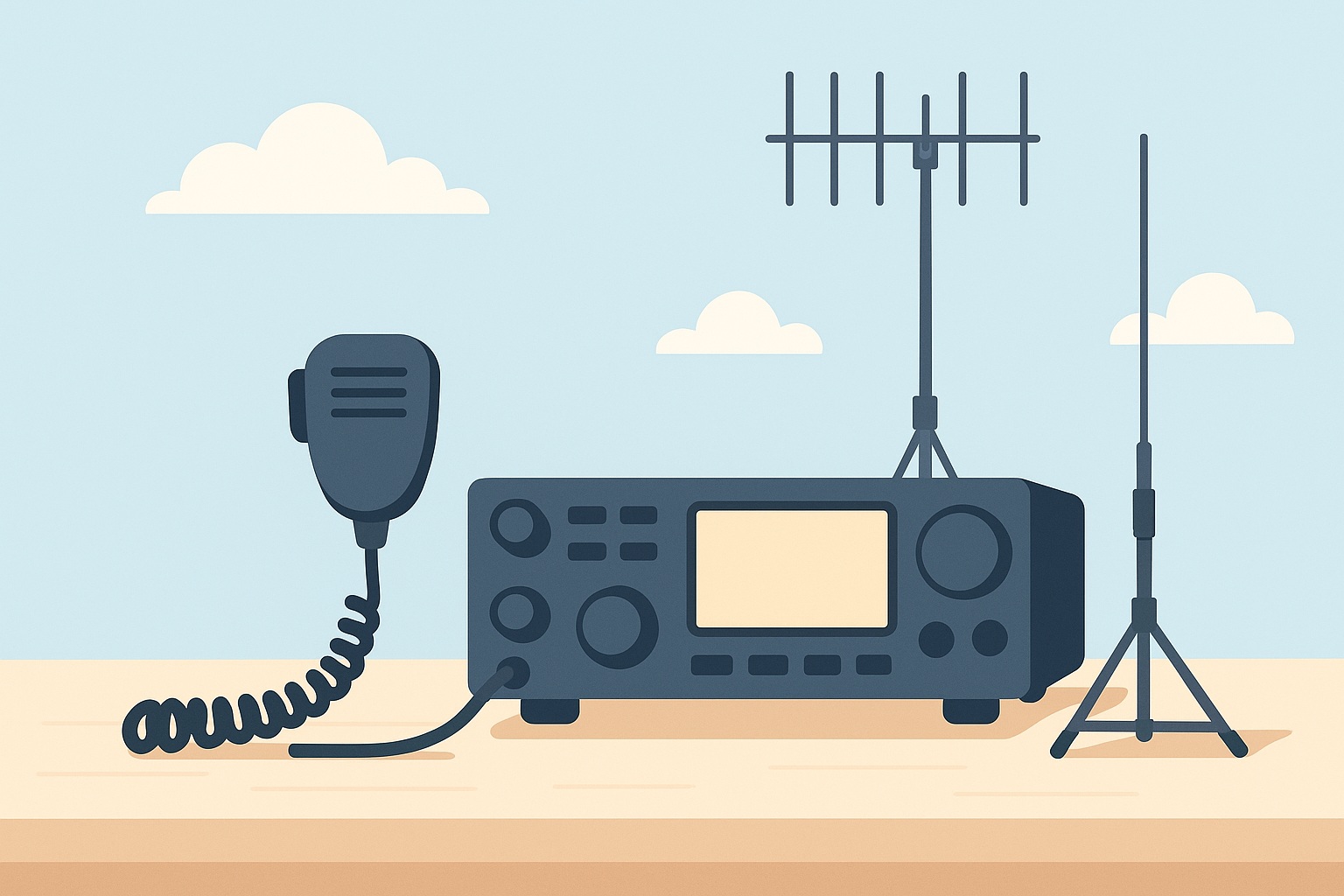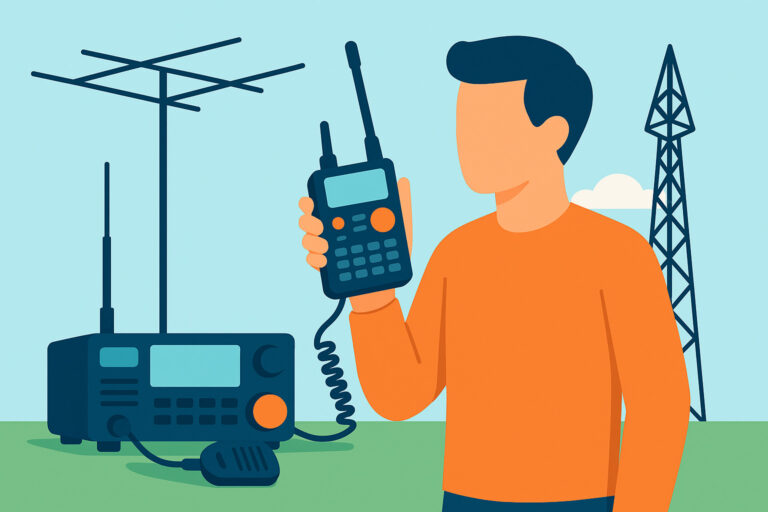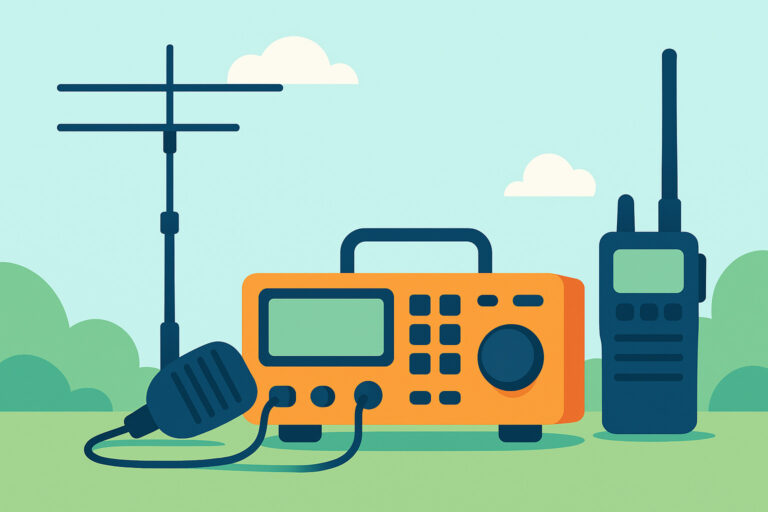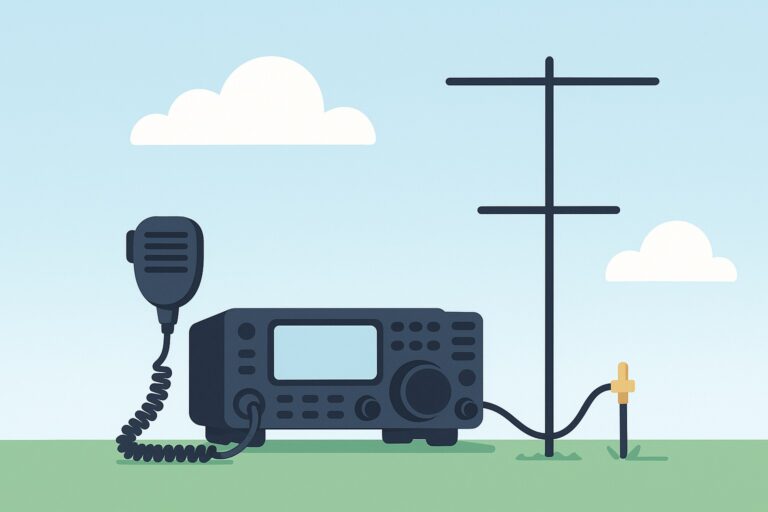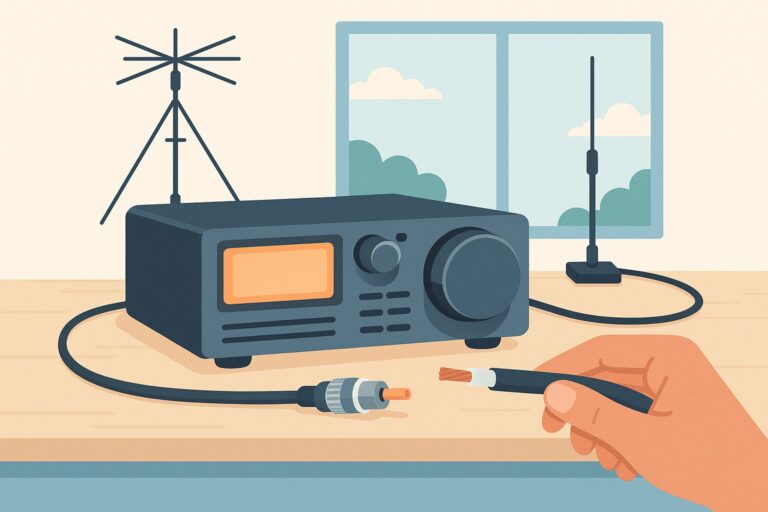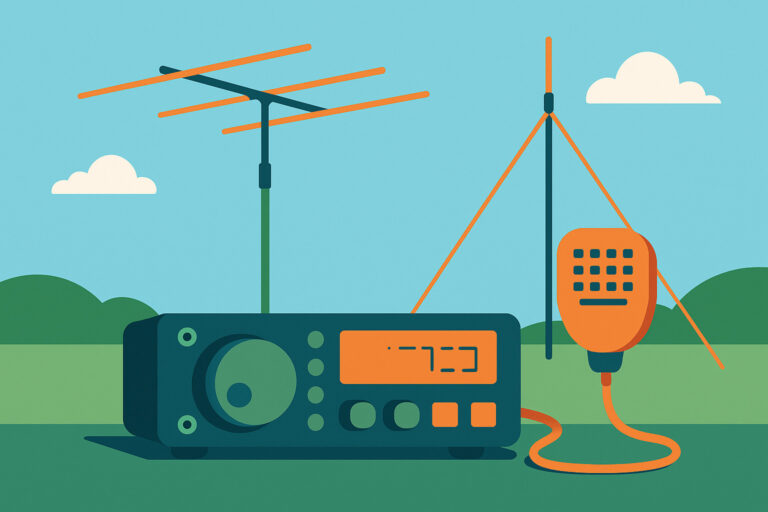How to Participate in Your First Ham Radio Contest
Taking part in your first ham radio contest is an exciting milestone for any amateur radio enthusiast. Whether you’re looking to test your skills, make new contacts, or simply experience the thrill of the chase, contesting offers a vibrant and energetic way to expand your horizons in the hobby. This guide will walk you through everything you need to know to get started, from understanding contest basics, selecting the right event for you, preparing your gear, and learning the essential rules, to picking up proven tips that will help you operate confidently and effectively.
How to Participate in Your First Ham Radio Contest
Understanding Ham Radio Contests
Ham radio contests, often called “radiosport,” are organized events where amateur operators compete to make the most contacts or score the highest points within a set period. These contests come in various formats, ranging from local sprints to international marathons, and can focus on different modes like voice (SSB), Morse code (CW), or digital transmissions.
The main objective in most contests is to contact as many stations as possible, often across a wide range of frequencies and locations. Some contests emphasize working stations in different geographic regions, while others focus on specific bands or operating modes. The competitive element adds excitement and a sense of achievement to each successful contact, making contesting one of the most dynamic aspects of amateur radio.
Major events like the CQ World Wide DX Contest stand out as highlights of the contesting calendar. The CQ World Wide DX Contest is the largest Amateur Radio competition in the world, boasting 35,000 participants. Not only does it offer the opportunity to connect with fellow hams worldwide, but it also introduces you to a vibrant global community. Another notable event is ARRL Field Day, which draws in over 40,000 participants across North America annually. These popular contests showcase the scale and camaraderie that defines the contesting experience.
Choosing the Right Contest for Beginners
With so many contests taking place each year, choosing the right one for your first experience is important. Some contests are better suited for newcomers, offering simpler rules, shorter durations, or encouraging participation from less experienced operators. Starting with a beginner-friendly contest can help you build confidence while enjoying the spirit of competition.
Consider these factors when selecting your first contest:
- Duration: Some contests run for an entire weekend, while others last just a few hours. Shorter events are often less overwhelming for beginners.
- Band and Mode: Choose a contest that aligns with your station’s capabilities. If you’re comfortable with voice, look for SSB contests; digital or CW events may require additional practice or equipment.
- Geographic Scope: Regional contests may have less crowded bands and simpler exchange formats, making them more approachable.
- Exchange Complexity: Some contests require only a signal report, while others might ask for serial numbers, grid squares, or other details.
Some excellent choices for beginners include ARRL Field Day and the RSGB IOTA Contest. The RSGB IOTA Contest typically occurs on the last full weekend of July and draws thousands of radio amateurs globally. These events focus on participation and learning, making them ideal for first-time contesters.
Don’t hesitate to explore contest calendars and event summaries on resources like https://hamradioplayground.com for more information on upcoming events suited to your interests and skill level.
Preparing Your Equipment and Station
Preparation is key to a smooth contesting experience. Ensuring your station is ready to operate efficiently will help you avoid frustration and maximize your fun during the contest. Whether you have a modest setup or a well-equipped shack, a little planning goes a long way.
Follow this checklist to get your gear contest-ready:
- Radio Transceiver: Confirm your radio is functioning correctly, with all necessary modes and bands enabled for the contest.
- Antenna System: Check antenna connections and SWR readings. Ensure your antennas are suitable for the contest bands and securely mounted.
- Power Supply: Use a reliable power source. Consider a backup such as a battery or generator for longer contests or in case of outages.
- Logging Software: Install and familiarize yourself with logging programs like N1MM Logger, Ham Radio Deluxe, or other contest-specific software. These tools help you track contacts and avoid duplicates.
- Computer and Interface: If you plan to use digital modes or computer logging, test the interface between your radio and computer well in advance.
- Microphone, Key, or Interface: Depending on your mode, ensure your microphone, CW key, or digital interface is working properly.
- Headphones: Good headphones can help you hear weak signals in crowded band conditions.
- Station Comfort: Set up your operating position with a comfortable chair, adequate lighting, and handy access to snacks and water for longer sessions.
By double-checking all equipment and making a few test contacts before the contest, you’ll reduce stress and be ready to focus on operating once the event begins.
Learning Contest Rules and Procedures
Each ham radio contest has its own set of rules and procedures, which are essential to review before the event. Knowing what’s expected will help you avoid mistakes and ensure your contacts count toward your score.
Pay particular attention to the following elements:
- Exchange Format: Learn what information you need to send and receive during each contact (e.g., signal report, serial number, state, or grid locator).
- Operating Bands and Modes: Verify which frequencies and modes are allowed and plan your operating times accordingly.
- Contact Scoring: Understand how points are awarded, whether for each contact, multipliers based on regions, or bonus stations.
- Duplication Rules: Most contests only allow one contact per station per band/mode. Logging duplicates can cost you valuable time.
- Submission Deadlines: Check how and when to submit your log. Some contests require electronic logs in a specific format, while others may accept paper submissions.
Many popular contests provide detailed rulebooks and FAQs on their official websites. For example, The CQ World Wide DX Contest permits stations to contact other stations anywhere else on the planet, attracting tens of thousands of participating stations each year. Reading through the official rules will help you get familiar with both the technical requirements and the spirit of fair play that defines amateur radio contesting.
Before your first contest, consider listening in during a live event to observe how experienced operators handle exchanges and pileups. This can be a great way to learn procedures and etiquette before jumping in yourself.
Tips for Effective Contest Operation
Operating in a contest setting can feel fast-paced, but with a few practical strategies, even first-time participants can have a successful and rewarding experience. Here are some tips to help you get the most out of your first contest:
- Start Slow: Don’t worry about making hundreds of contacts right away. Focus on accuracy and learning the rhythm of the contest.
- Use Search and Pounce: Instead of calling CQ, tune around the band and respond to strong stations. This approach is less stressful for beginners and increases your chances of making valid contacts.
- Log Every Contact Immediately: Accurate logging prevents duplicates and reduces the risk of losing valuable points.
- Stay Organized: Keep your workspace tidy, have spare pens and paper handy, and avoid distractions during operating periods.
- Take Breaks: Fatigue can lead to mistakes. Schedule short breaks to stretch, hydrate, and clear your mind.
- Monitor Band Conditions: Propagation can change quickly. Be flexible and switch bands if activity drops or interference increases.
- Be Polite: Maintain good operating practices. Listen carefully before transmitting, avoid interrupting ongoing QSOs, and thank operators for contacts.
- Learn from Feedback: After the contest, review your log, check for errors, and look for ways to improve next time. Many contests also publish results and offer certificates or awards for participation.
Remember, every operator starts somewhere. The most important goal for your first contest is to learn, have fun, and join the global community of radio amateurs who share your passion for radiosport. With each contest, you’ll gain new skills, make new friends, and discover even more reasons to love the world of ham radio.
For more tips, resources, and contesting guides, be sure to visit https://hamradioplayground.com and connect with fellow enthusiasts on your journey into radio contesting.
